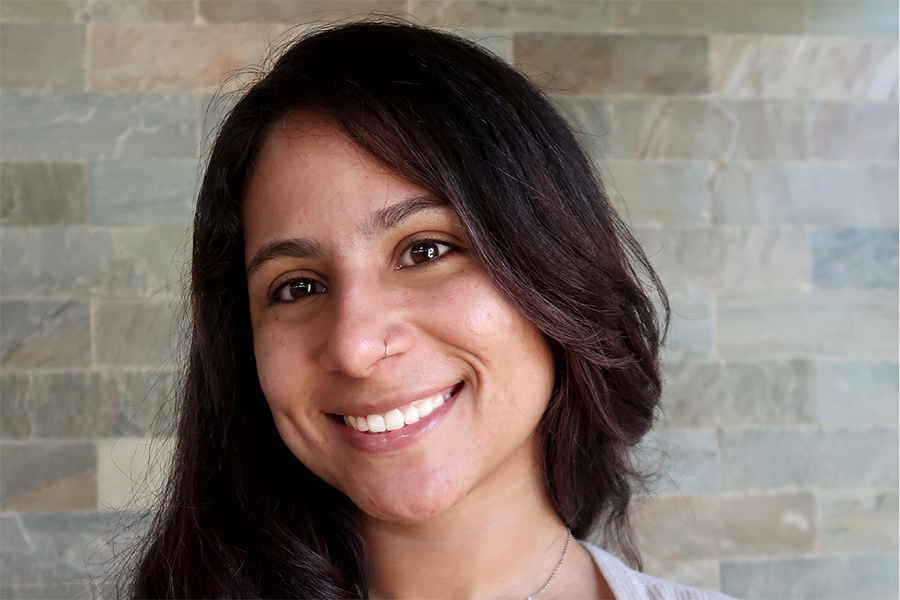Mariangelly Diaz-Rodriguez

"Curious about the universe and all its components"
College: Arts and Sciences
Degree Program: Astrophysics
Degree: Doctorate
Award: McKnight Dissertation Fellowship (2020)
Why FSU?
When I began pursuing my graduate studies, I knew I wanted to do astrophysics and be a part of a university that values diversity. During a visit to FSU, I had the opportunity to speak with various professors conducting cutting-edge Astrophysics research, and they all were very welcoming. I chose FSU because it aligned with my goals, and I knew I was going to learn and grow both academically and personally.
Motivation to pursue a graduate degree
I am deeply passionate and curious about understanding the universe and all of its components. Being part of an underrepresented group, I have experienced the lack of exposure to astronomy education, which motivated me to pursue an advanced degree in astrophysics. I believe it is very important to engage the public and motivate young scientists from all backgrounds about science education.
Importance of research
My research focuses on determining which stars actually explode. One fundamental prediction of stellar evolution theory is that the mass of a star determines its fate. In particular, stars that are eight times or more the mass of the sun collapse as supernovae. However, this relationship is not clear, and some of them fail and become black holes. For my research, I use statistics to place unique and robust constraints on which stars explodes.
Advice for prospective graduate students
Take your time. It is important to know what career you want to pursue in the future so that you make good decisions now. If after considering your options, you decide to go to graduate school, it is crucial you pick a place that aligns with your goals and values. Research is important, but learning new skills is equally important. Acquire as many skills as possible in the process, and don’t be afraid to explore different options.
Accomplishments during graduate career
According to the American Physical Society, less than 6 percent of doctorate degrees in physics were awarded to Hispanics in the United States. One of my biggest accomplishments is to know that soon I will contribute to these statistics in a positive way. During my years as a graduate student, I published my work in a prestigious astrophysical journal, presented my research at national and international conferences, and served on the executive board of the Physics Graduate Student Association. I have consistently participated in efforts to make science more inclusive, and prior to successfully defending my dissertation, I was awarded the McKnight Dissertation Fellowship.
Career aspirations
My long-term aspiration is to return to Puerto Rico to serve as a mentor to others who do not have easy access to science.
